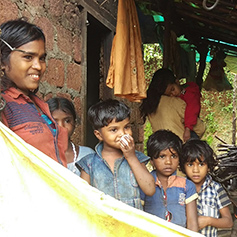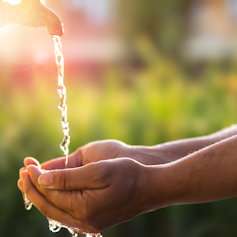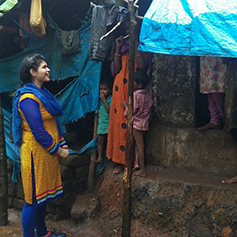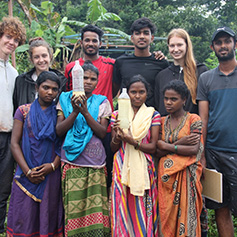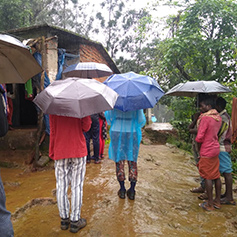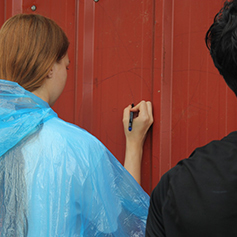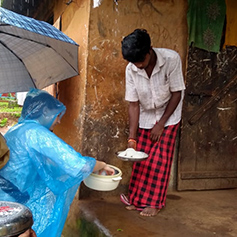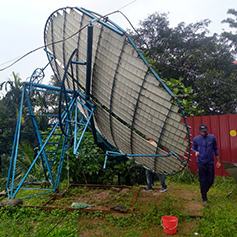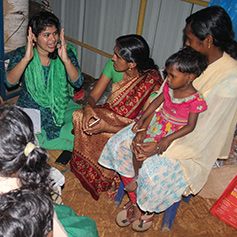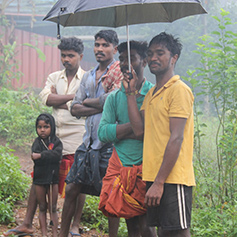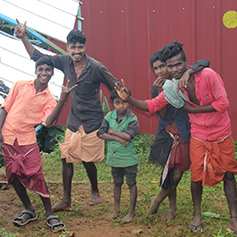
Socially responsible graduates
Successive generations of materials students are far more demanding and appreciative of a teaching approach that emphasises care and consideration of the environment when applying research methods.
The Department of Materials aims to have at least 35% of its taught modules containing significant examples of a socially responsible approach.
One example of this approach is contained in the final year business plan module. This course takes ideas generated by our students for renewable and sustainable power generation, and aspects of materials research are applied in a sustainable and environmentally-friendly way. Examples from the past have included energy-generating floors and windows, and coatings to extend the life of marine installations.
Student volunteering
The Department is also proactive in encouraging students to volunteer for projects with the University and has its own partnership with the University of Amrita in Kerala, India. In July and August every year, groups of our students visit India to take part in the Live-in-Labs programme.
Amrita has an ongoing set of projects aimed at improving the lives of people living in remote villages:
-
Child development
Assessing problems faced by children in rural areas , in terms of health, learning capacities etc by developing innovative tools and better practices.
-
Health and sanitation
Developing innovative strategies to provide access to affordable and advanced healthcare, awareness and counselling for alcoholism, substance abuse etc.
-
Infrastructure
Providing rural communities with safe homes, roads, dams, canals and bridges, as well as drainage and sanitation facilities using biodegradable solutions.
-
Water
Providing solutions to help communities access safe drinking water, and addressing the issue of water quality and availability in villages.
-
Waste management
Effectively using waste through various recycling methods, and providing solutions to prevent waste generation.
-
Disaster management
Providing solutions to prevent disasters before they occur, and to help populations afterwards.
-
Food
Helping villages ensure food security through sound use of available natural resources, introducing organic gardening, permaculture and forestation; and cultivating high-value crops.
-
Energy
Providing electricity to rural communities via solar power, aid in the development and utilisation of smart energy technology, and encouraging the efficient management of energy resources.
-
Income generation
Making sure technological solutions are viable in the long run, and helping communities to develop sustainable business models to generate an income.
-
Education and skill development
Empowering rural communities with basic education through the use of innovative technologies. This involves language training, vocational training, life skill training and communication systems.
-
Environment
Analysing the environmental impact of current living standards and farming methods: determining the optimal utilisation of technology to improve existing farming techniques.
-
Quality of life
Research-supported interventions and ongoing research can bring relief and resolution to discovered areas of suffering and distress for impoverished rural villagers facing obstacles to prosperous lives.

